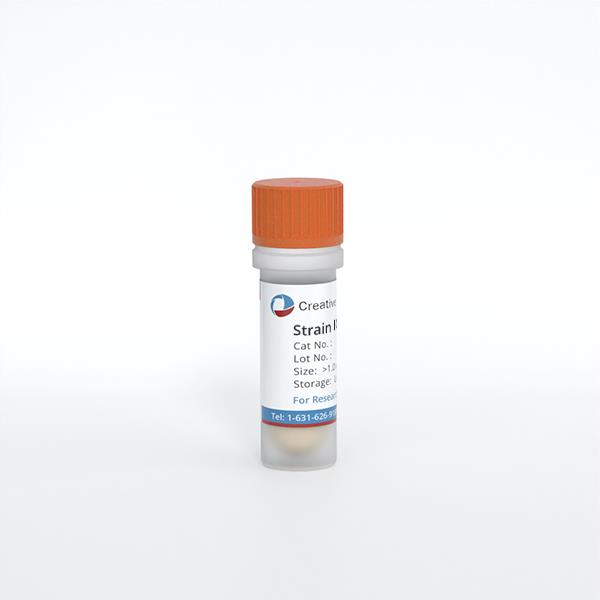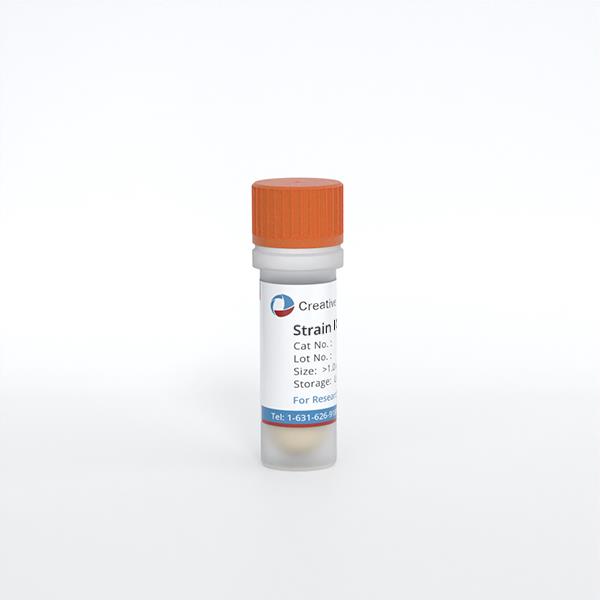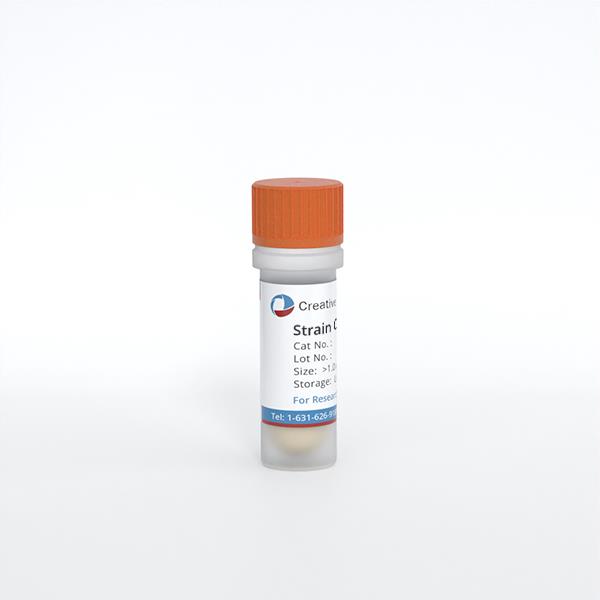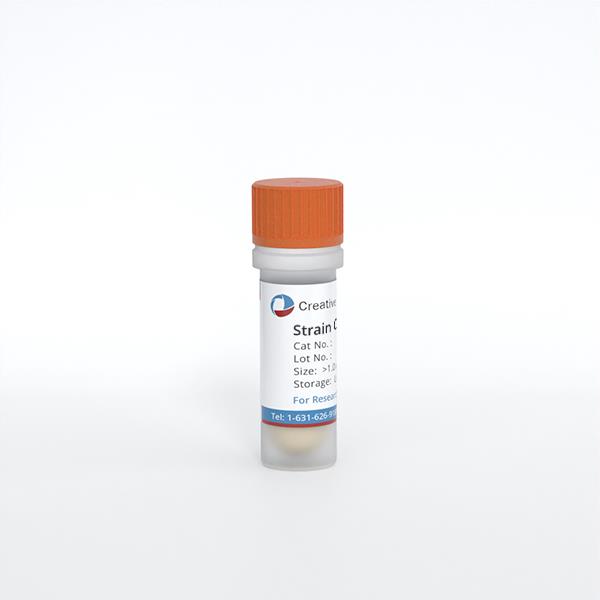Featured Products
Hot Products
ONLINE INQUIRY
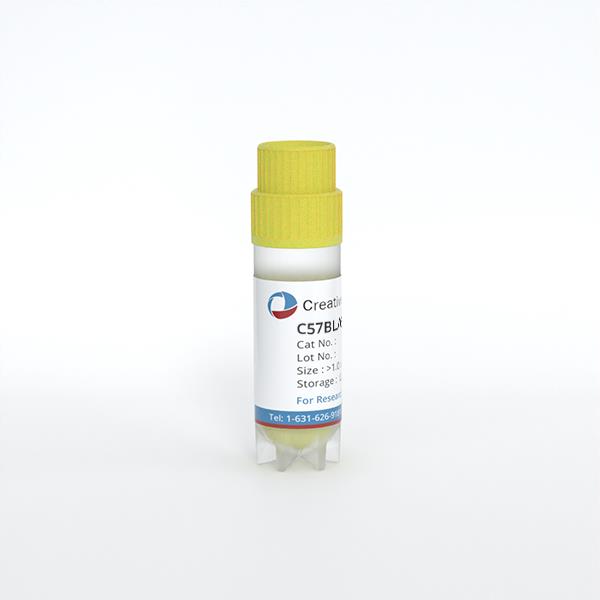
C57BL/6 Mouse Resident Peritoneal Macrophages (Frozen Cells)
Cat.No.: CSC-C4239X
Species: Mouse
Source: Peritoneal Cavity
Cell Type: Macrophage
- Specification
- Q & A
- Customer Review
Cat.No.
CSC-C4239X
Description
Mouse Resident Peritoneal Macrophages are derived from the peritoneal cavity of pathogen-free laboratory adult mice. Each vial contains at least 8 x10^6 cells and is delivered frozen.
Mouse Resident Peritoneal Macrophages are negative for bacteria, yeast, fungi, and mycoplasma.Cells can be expanded on a multiwell culture platetandard biochemical procedures performed with cell ready for experiments under the cell culture conditions specified by Creative Bioarray. Repeated freezing and thawing of cells is not recommended.
Mouse Resident Peritoneal Macrophages are tested for expression of markers using antibodies, CD11b by flow cytometry.
Standard biochemical procedures performed with cell cultures include RT-PCR, Western blotting, immunoprecipitation, immunofluorescent staining, flow cytometry or generating cell derivatives for desired research applications.
Mouse Resident Peritoneal Macrophages are negative for bacteria, yeast, fungi, and mycoplasma.Cells can be expanded on a multiwell culture platetandard biochemical procedures performed with cell ready for experiments under the cell culture conditions specified by Creative Bioarray. Repeated freezing and thawing of cells is not recommended.
Mouse Resident Peritoneal Macrophages are tested for expression of markers using antibodies, CD11b by flow cytometry.
Standard biochemical procedures performed with cell cultures include RT-PCR, Western blotting, immunoprecipitation, immunofluorescent staining, flow cytometry or generating cell derivatives for desired research applications.
Species
Mouse
Source
Peritoneal Cavity
Recommended Medium
Complete Macrophage Medium
Cell Type
Macrophage
Disease
Normal
Storage and Shipping
Creative Bioarray will ship frozen cells on dry ice. On receipt, immediately transfer frozen cells to liquid nitrogen (-180 °C) until ready for experimental use. Live-cell shipment is also available on request.
Citation Guidance
If you use this products in your scientific publication, it should be cited in the publication as: Creative Bioarray cat no. If your paper has been published, please click here to submit the PubMed ID of your paper to get a coupon.
Ask a Question
Write your own review
Related Products

